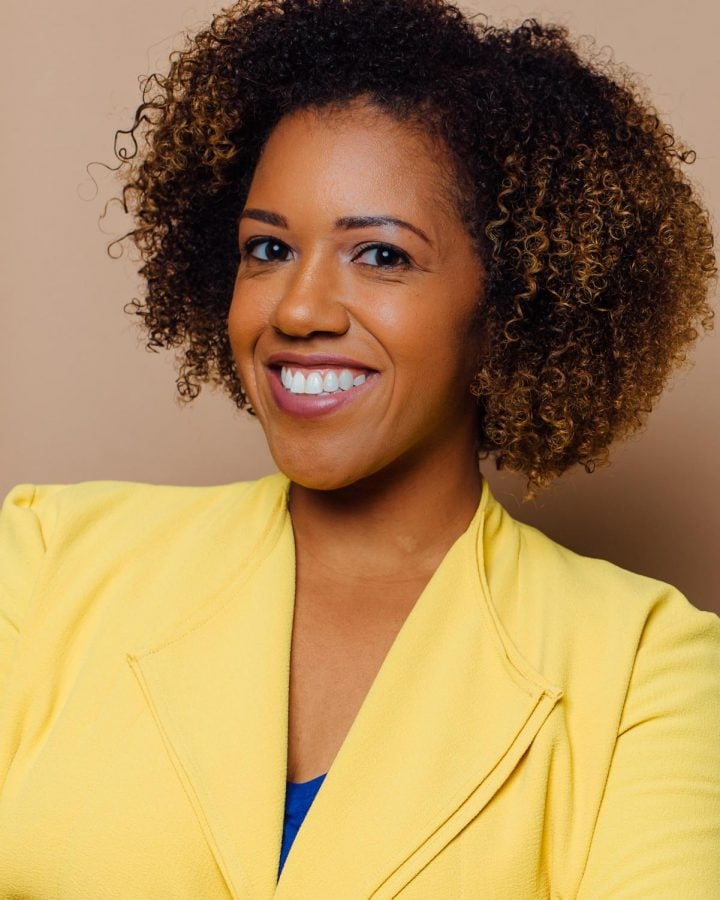Medill lecturer Arionne Nettles awarded IRE Educator of Color fellowship
Medill lecturer Arionne Nettles. She was selected as one of nine journalists of color to receive the newly-created IRE fellowship.
July 15, 2020
Medill lecturer Arionne Nettles (Medill MSJ ‘16) was recently selected as one of nine journalists nationwide to receive the newly-created Educator of Color Fellowship from journalism nonprofit Investigative Reporters & Editors.
A lecturer at Northwestern since 2018, Nettles has brought her expertise in digital storytelling to the classroom. Her work often focuses on cultural ties between art and issues from mass incarceration to education inequity. She’s previously worked as a digital producer at Chicago’s NPR station, WBEZ, helping develop its digital team.
The fellowships were created to help fund educators of color and their attendance at IRE’s data boot camps, which involve hands-on training on spreadsheet and database skills with a focus on how those skills can be taught in a college setting.
“IRE is fortunate to have this funding in order to support educators of color in the data journalism community,” a news release stated.
Nettles teaches interactive and multimedia journalism courses at Medill and said data is an important part of interactive storytelling.
Nettles said she is excited to bring back lessons from IRE to Medill and be “on top of the trend.” As a professor, she wants to teach lessons that can be translated into hard skills for internships and post-graduate jobs. Using data journalism tools at your disposal, she said, allows for journalists to be nimble and competitive in the current reporting atmosphere.
“Traditionally, you think of data as a separate class,” Nettles said. “We know that data needs to be integrated throughout the curriculum, that data is a part of how we have our facts and how we can show and improve what we’re reporting on.”
Journalism is often thought about in a very traditional way, physically reporting in-person, which Nettles said, in reality, can be inaccessible. She also said data journalism skills can “even the playing field” for journalists who are now remote reporting because everyone can access data — whether it be international students stuck in different time zones or disabled students that cannot accessibly conduct “man on the street” interviews.
Though Nettles is young in the business, Medill Dean Charles Whitaker said her talents as an instructor and her level of enthusiasm in the classroom have benefitted students.
Through the Educator of Color fellowship, Whitaker said IRE is helping ensure more individuals of color are going into investigative reporting. There’s been a perennial discussion, Whitaker said, in both Medill and the industry in general, to encourage and provide the tools for more people of color to go into journalism.
“There are all these horror stories about the industry dying,” Whitaker said. “We want to do a lot in the coming years both to expose more young people of color to the field but make pathways for them to enter journalism.”
Email: [email protected]
Twitter: @isabellesarraf
Related Stories:
— Reporting while black: Faculty, alumni talk experiences in journalism
— Medill School of Journalism emphasizes 21st-century reporting skills


